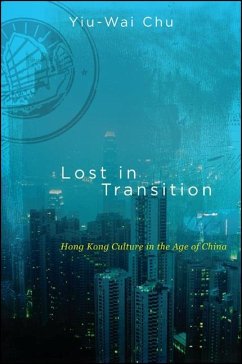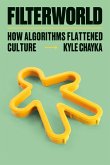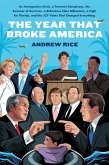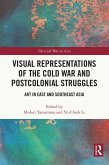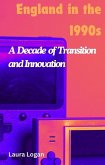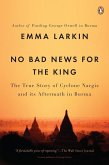In this timely and insightful book, Yiu-Wai Chu takes stock of Hong Kong's culture since its transition to a Special Administrative Region of the People's Republic of China in 1997. Hong Kong had long functioned as the capitalist and democratic stepping stone to China for much of the world. Its highly original popular culture was well known in Chinese communities, and its renowned film industry enjoyed worldwide audiences and far-reaching artistic influence.
Chu argues that Hong Kong's culture was "lost in transition" when it tried to affirm its international visibility and retain the status quo after 1997. In an era when China welcomed outsiders and became the world's most rapidly developing economy, Hong Kong's special position as a capitalist outpost was no longer a privilege. By drawing on various cultural discourses, such as film, popular music, and politics of everyday life, Chu provides an informative and critical analysis of the impact of China's ascendency on the notion of "One Country, Two Cultures." Hong Kong can no longer function as a bridge between China and the world, writes Chu, and must now define itself from global, local, and national perspectives.
Chu argues that Hong Kong's culture was "lost in transition" when it tried to affirm its international visibility and retain the status quo after 1997. In an era when China welcomed outsiders and became the world's most rapidly developing economy, Hong Kong's special position as a capitalist outpost was no longer a privilege. By drawing on various cultural discourses, such as film, popular music, and politics of everyday life, Chu provides an informative and critical analysis of the impact of China's ascendency on the notion of "One Country, Two Cultures." Hong Kong can no longer function as a bridge between China and the world, writes Chu, and must now define itself from global, local, and national perspectives.
Dieser Download kann aus rechtlichen Gründen nur mit Rechnungsadresse in A, D ausgeliefert werden.

